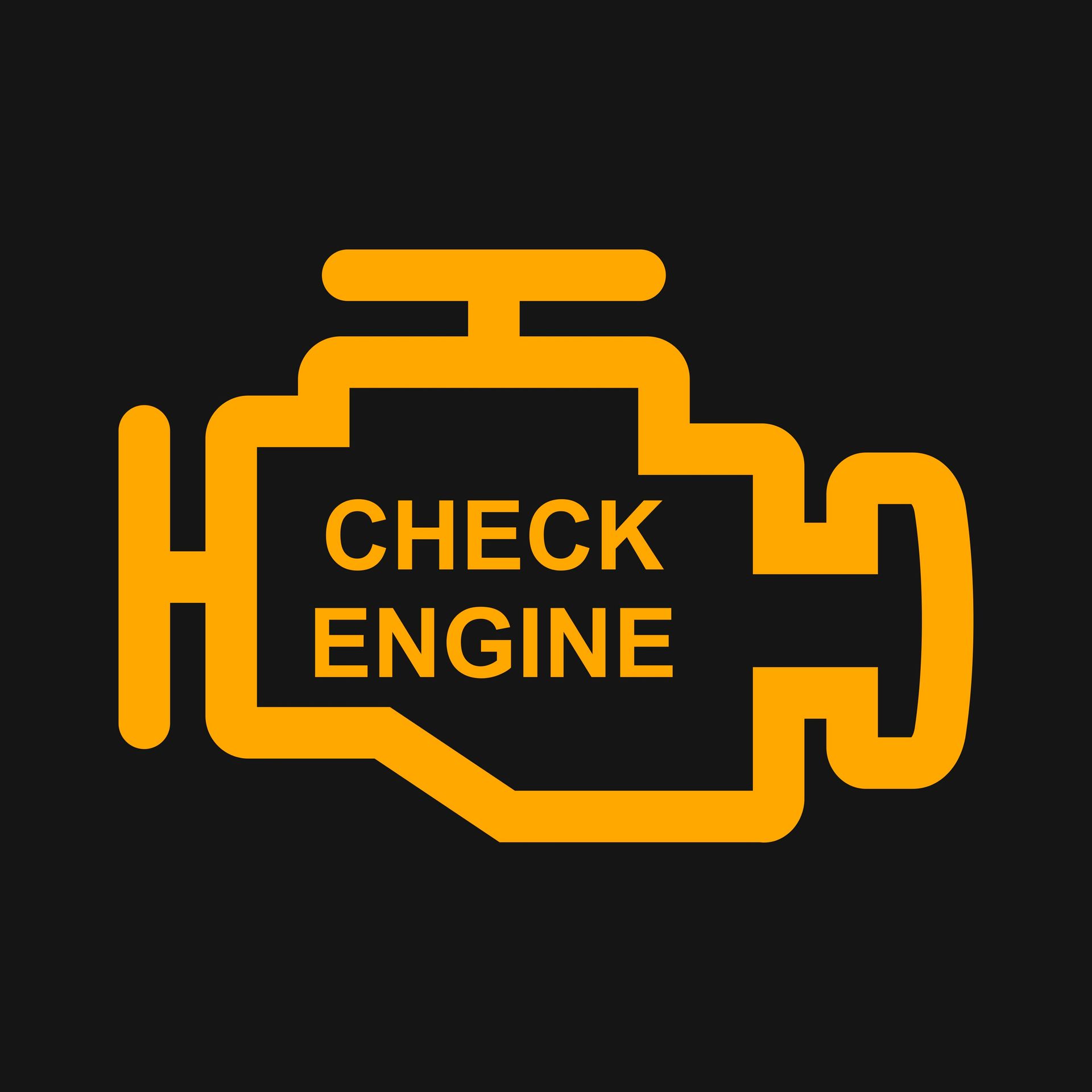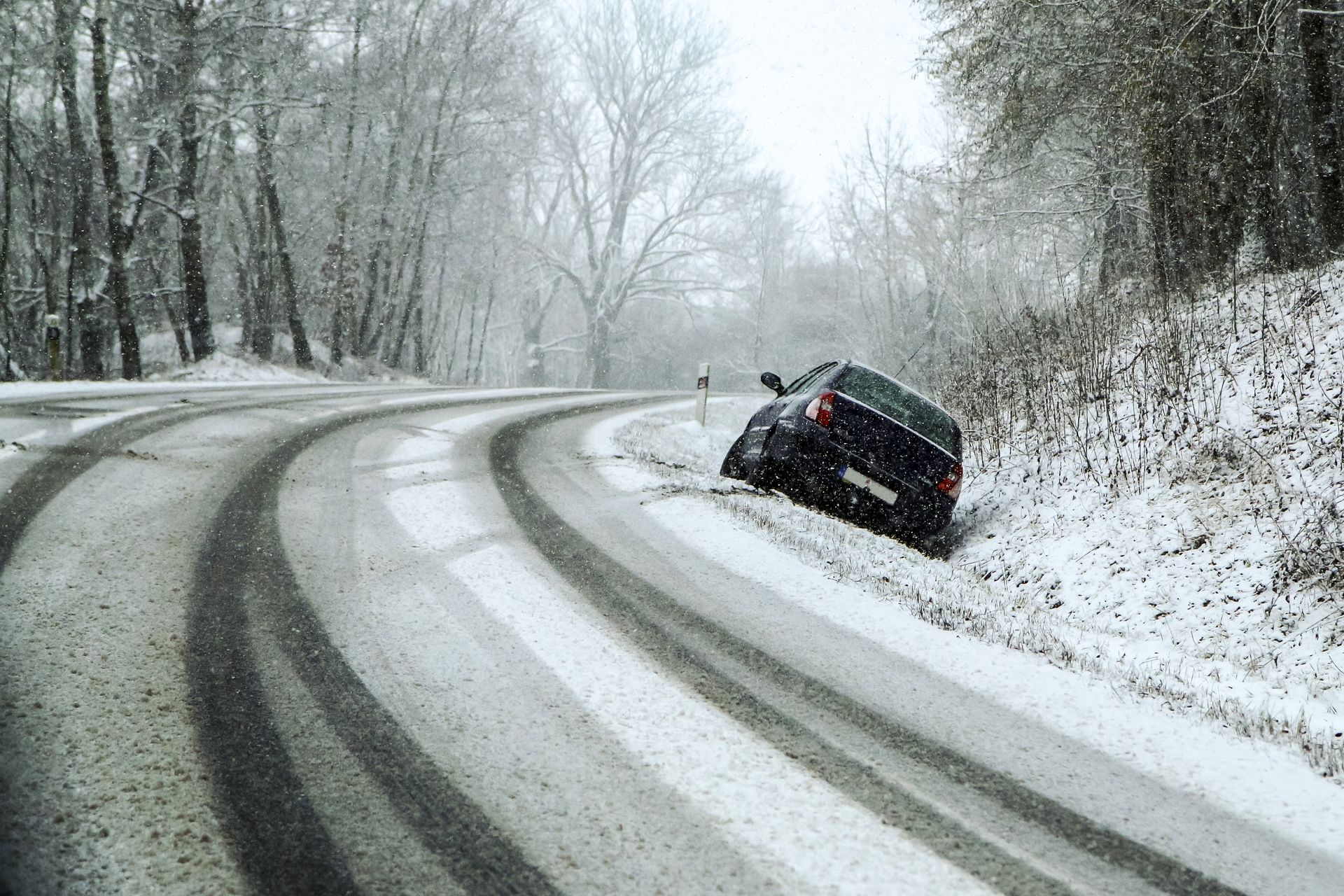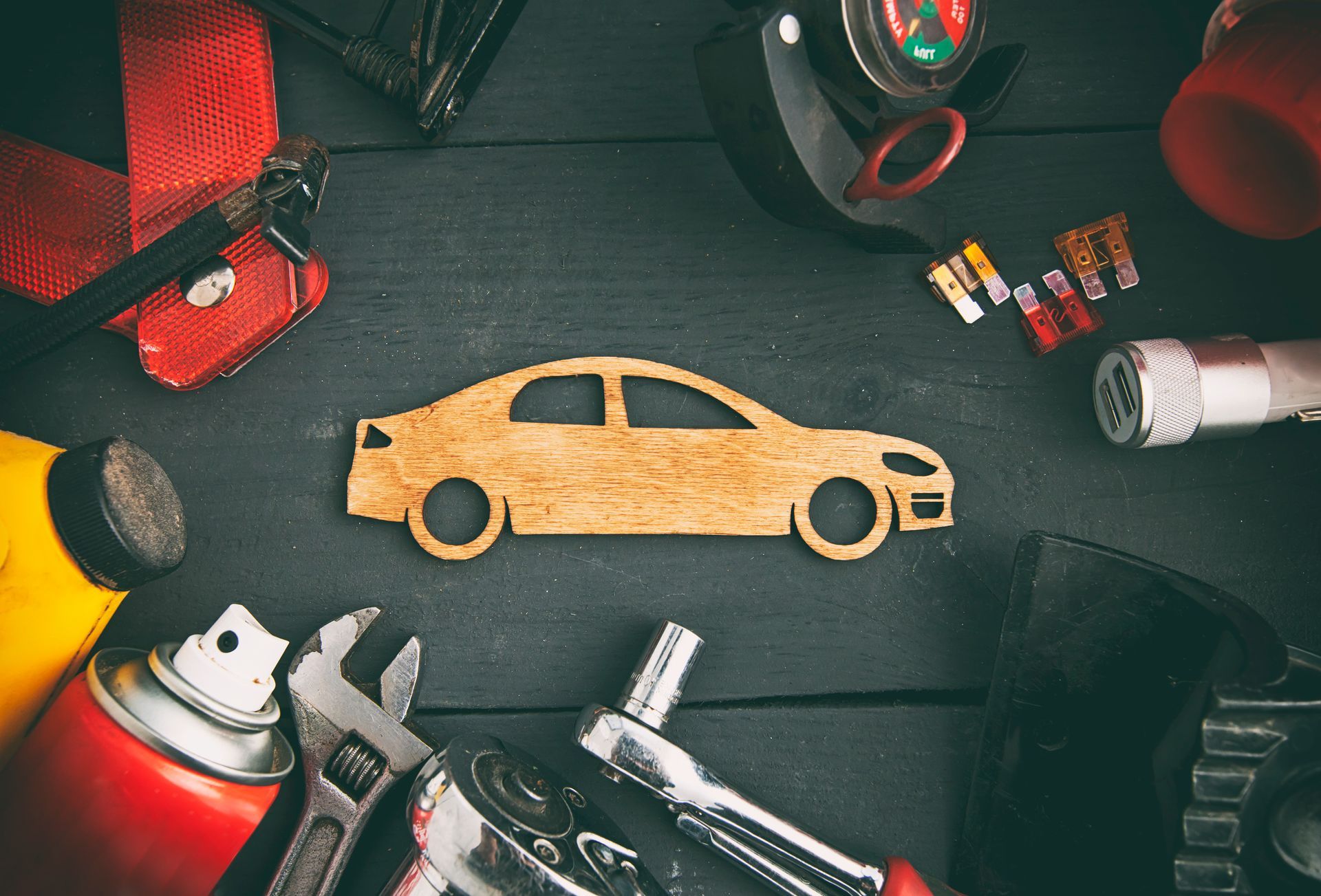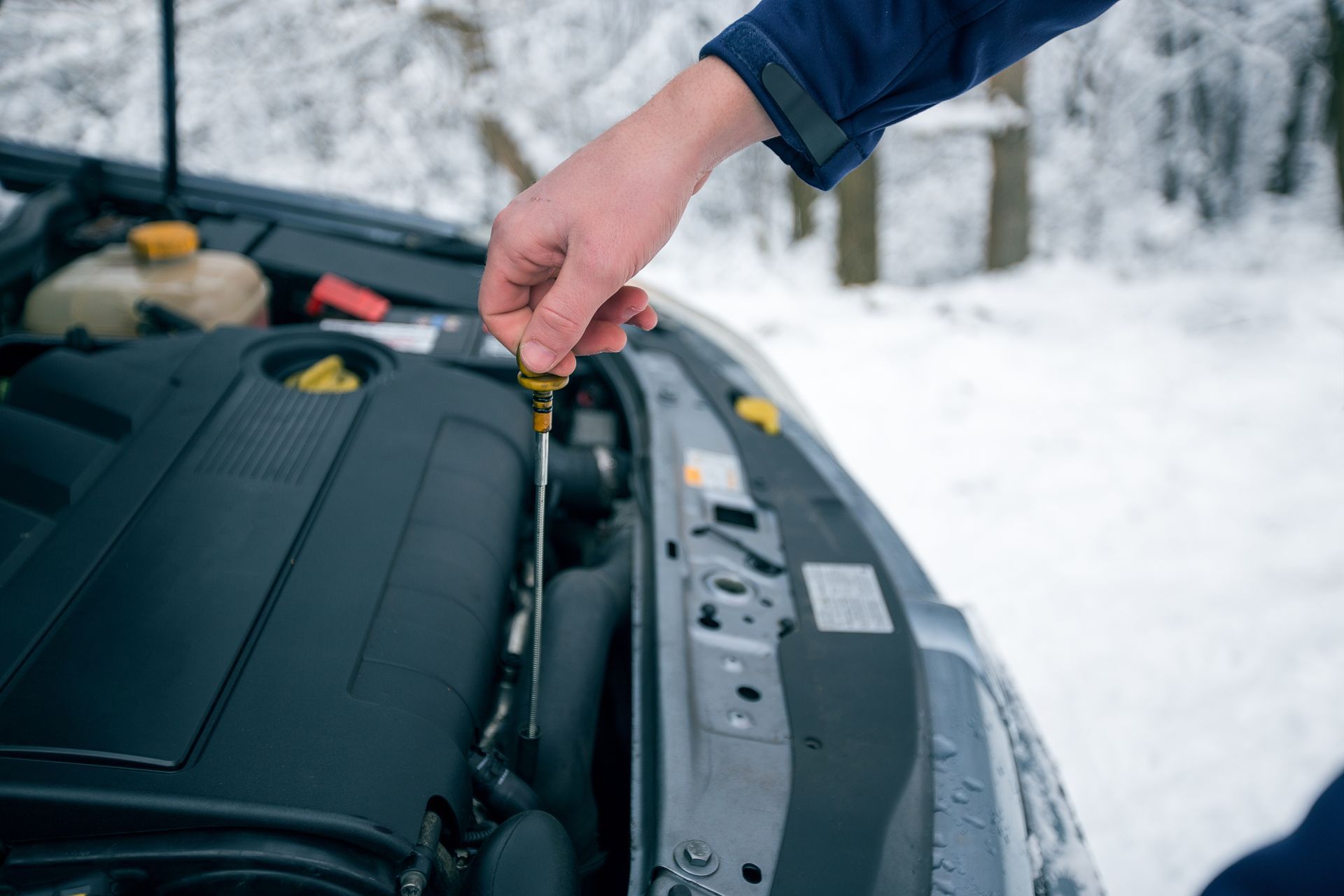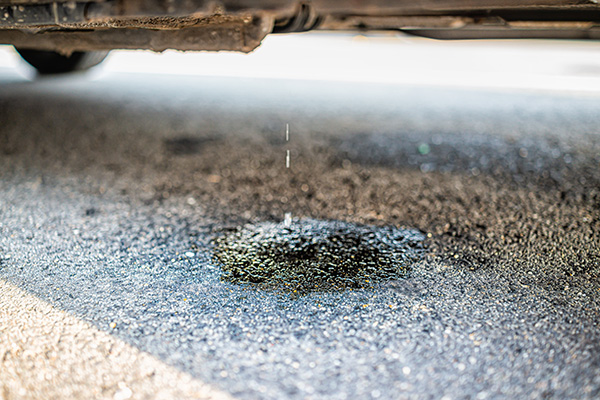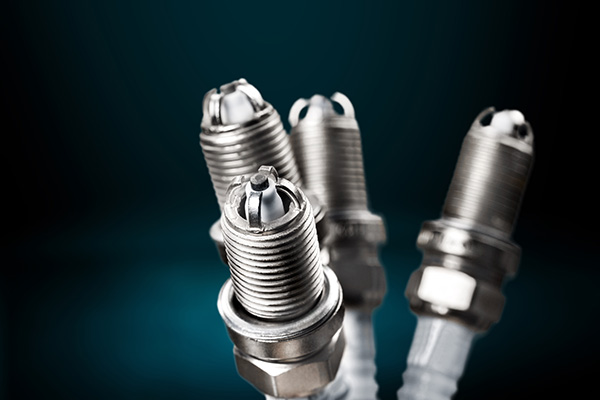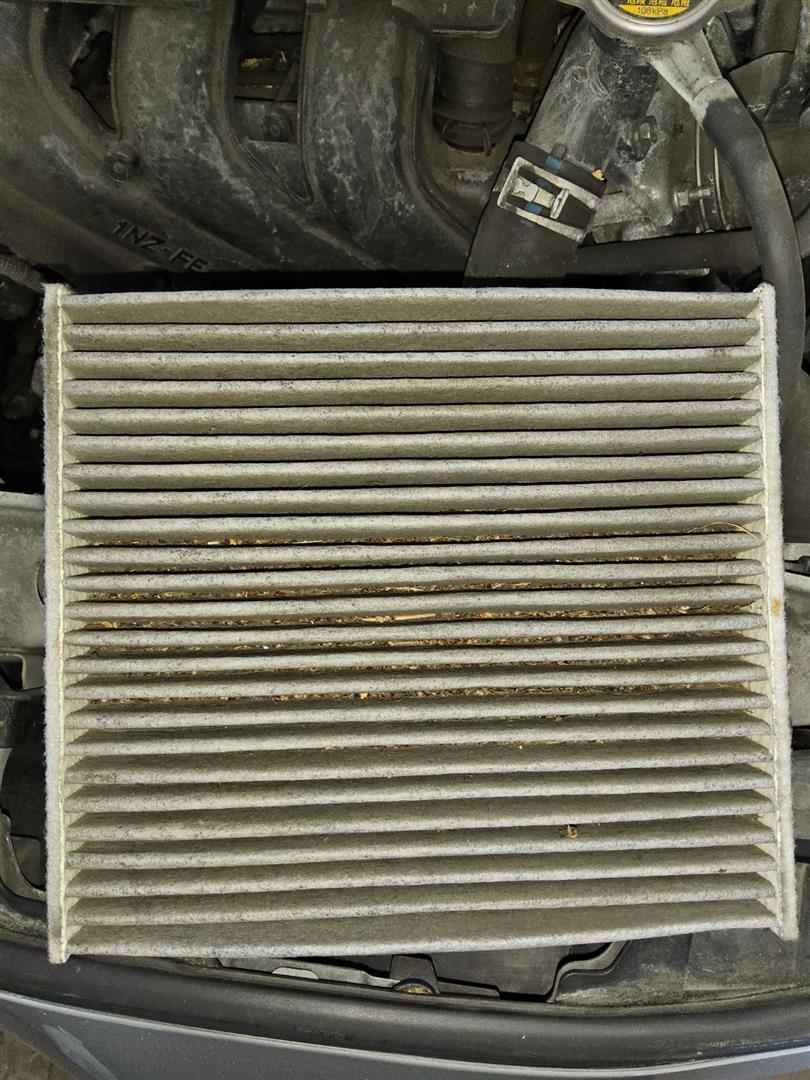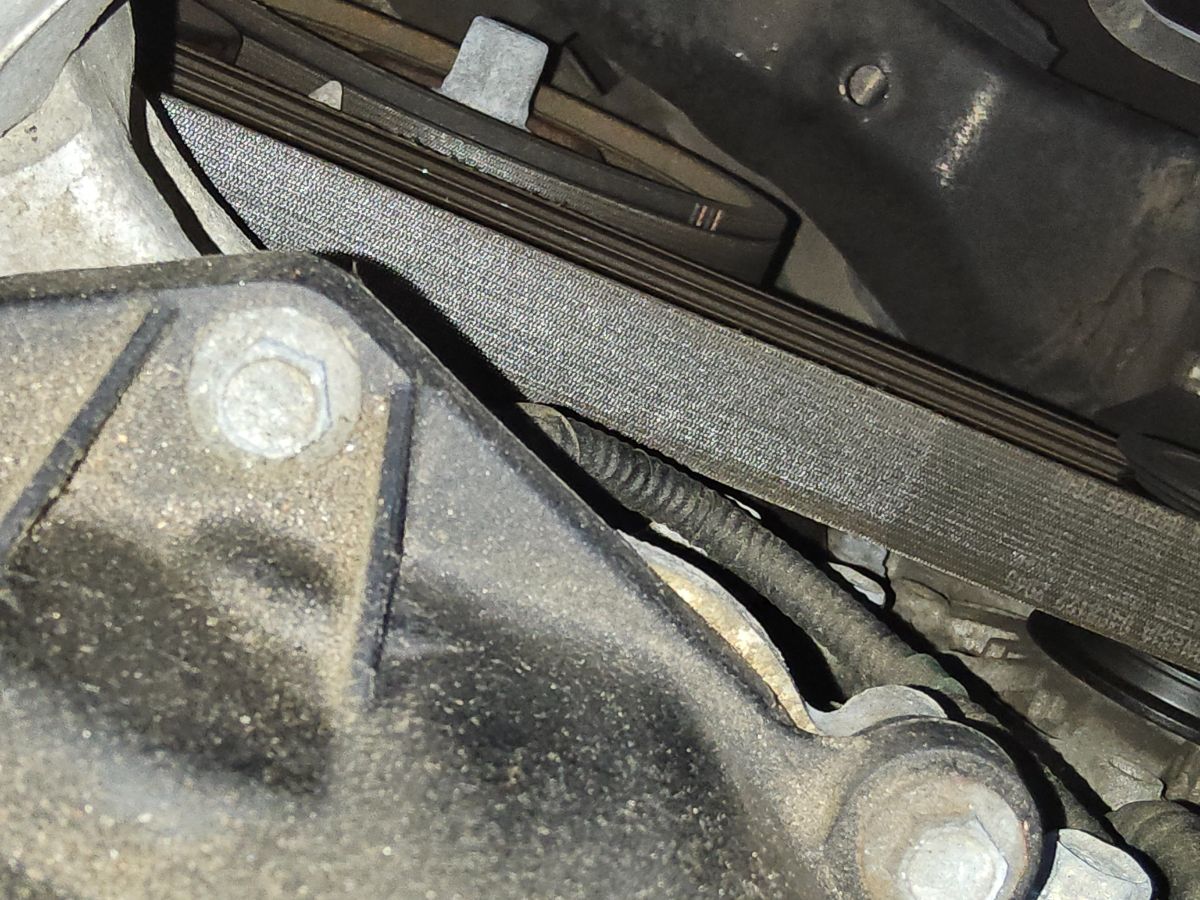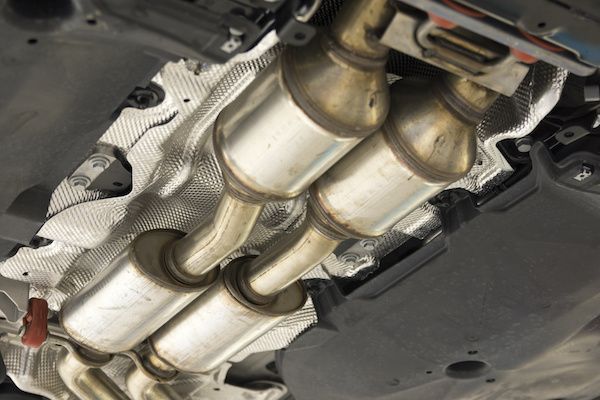
You might be surprised to find that the most important part of your car was invented over 150 years ago and has not changed much over the years. Yes, the four-stroke internal combustion engine powering the large majority of the estimated 1.4 billion cars on the road today has been around since the mid 19th century. Even though the engine has remained virtually unchanged, there have been many devices added to automobiles to improve different aspects of performance. One of the devices contributing to improved emissions performance is the catalytic converter.
The catalytic converter is a large metal box located between the engine and the tailpipe of a car. It has an intake pipe connected to the engine and an output pipe connected to the exhaust system. The inside of the catalytic converter is a dense honeycomb of ceramic and is coated with catalysts. This catalyst covered honeycomb takes harmful gases like carbon monoxide and hydrocarbon produced by the engine and splits the gases into separate atoms. These atoms are then rearranged into harmless compounds like nitrogen, water, and carbon dioxide and sent out through the exhaust system. This process reduces toxic emissions that affect air quality and are responsible for environmental issues like smog and acid rain.
Catalytic converters should last the life of a vehicle but can fail or lose effectiveness if they become dirty or clogged. Some of the common symptoms of bad catalytic converters include:
- Rotten Egg Smells
. Fuel contains sulfur, which smells like rotten eggs. Sulfur, normally burned off as an odorless byproduct, will become very noticeable if the catalytic converter is not functioning correctly.
- Rattling Down Under.
A rattling noise from underneath a car might mean the honeycomb structure inside the catalytic converter has become damaged or loose.
- Gas Mileage Decrease.
A clogged catalytic converter will reduce airflow and cause the engine to burn extra fuel, making the clog worse.
- Engine Misfiring. If there is unburnt fuel in the catalytic converter, it can get so hot it will combust and cause an engine misfire.
More often than not, a dirty or damaged catalytic converter will need to be replaced. If you have a bad catalytic converter, you will not pass any emissions testing and your check engine light will be one. Plus, your vehicle's performance and fuel efficiency will drop.
If you need catalytic converter replacement, we invite you to drive over to our repair shop today! We can help you avoid costly emissions fines and get you back on the road in no time.


